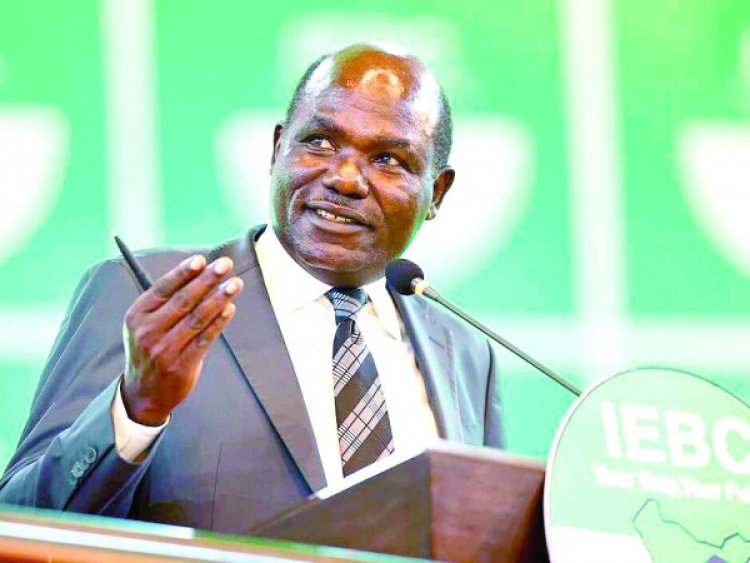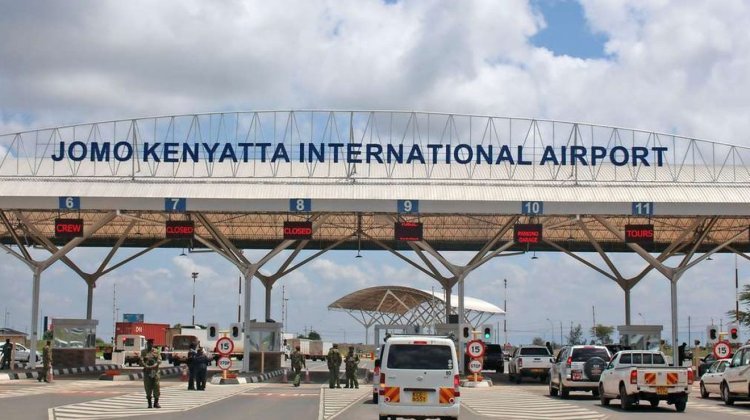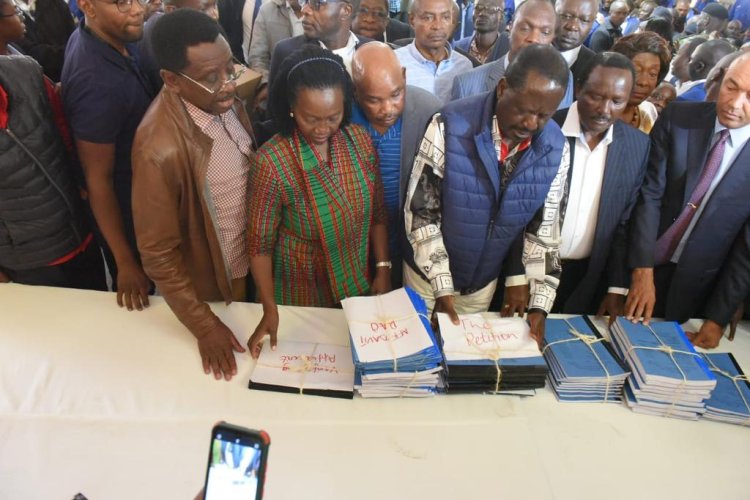DCI Details How 3 Venezuelans Breached IEBC System
The investigative agency had presented its response to the Raila Odinga and Martha Karua petition that was filed at the Supreme Court of Kenya.

The Directorate of Criminal Investigations (DCI) has explained the evidence it gathered from three Venezuelan nationals who were accused of interfering with the systems of the Independent Electoral and Boundaries Commission (IEBC).
The investigative agency had presented its response to the Raila Odinga and Martha Karua petition that was filed at the Supreme Court of Kenya.
The evidence had placed the trio allegedly at the centre of access to key election material ranging from the KIEMS kit to data on the deployment of election technology and passwords of IEBC personnel.

The report emerged after the three foreigners, Salvador Javier Suarez, Jose Castellano and Joel Garcia were arrested at the Jomo Kenyatta International Airport (JKIA) on July 21, 2022, which later ignited a stalemate between the DCI and the IEBC.
In its affidavit, the DCI argued that Castellano was able to access the IEBC system remotely and change details of it anytime he wanted.
“It was established that the confiscated exhibits had substantial information held in the IEBC systems are in full control of foreign employees of M/S Smartmatic International Holdings B.V. and Seamless Limited who have been contracted by IEBC.
“Castellano was in a position to remotely access the entire IEBC data and has the capacity to add, delete, edit or manipulate in any manner the entire IEBC system," it read in part.
DCI also disclosed that from its analysis, 21 individuals had access to the system with two being Kenyans working at the electoral commission. As a result, the detectives recommended for an audit to be done on the IEBC system to uncover if there was any case of interference.
At the same time, Justus Nyang'aya, one of the four dissenting commissioners of the Independent Electoral and Boundaries Commission (IEBC), claimed that a foreigner had access to the servers from June 1, 2022, detailing that the foreigner broke into the commission's servers and manipulated the Form 34As from the polling station.
Using ID '0', the foreigner would allegedly gain access to the system at night to reportedly delete the uploaded results, and replace them with new ones. The foreigner was also accused of doing the same thing to the Form 34Bs.
"That I am also aware that after the previously pulled down results were uploaded afresh there would be amendments for Form 34B," his affidavit read.
Nyang'aya also claimed that IEBC chairperson, Wafula Chebukati, had collaborated with three IEBC staff to manipulate the presidential results uploaded from tallying centres across the country. The trio, he further alleged, were Abdidahir Maalim, Moses Sunkuli and Gideon Balang, who are yet to file a response to their claims.
He further told the Supreme Court that logs obtained from the IEBC servers can prove that the three staff members and the foreigner interfered with the data.
Azimio la Umoja presidential candidate Raila Odinga and his running mate Martha Karua had explained in their petition filed at the apex court that 19 foreigners and two Kenyans had plotted to mess with the systems from March 2022.
However, the IEBC insisted that the elections were free and fair and that the systems were not hacked as alleged.


 admin
admin 




